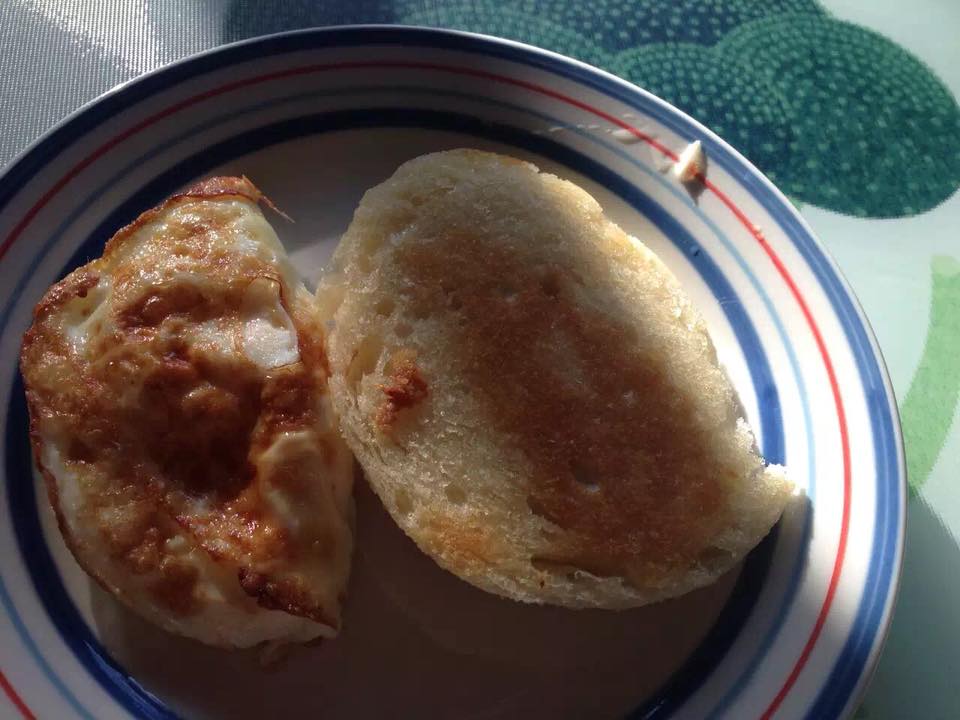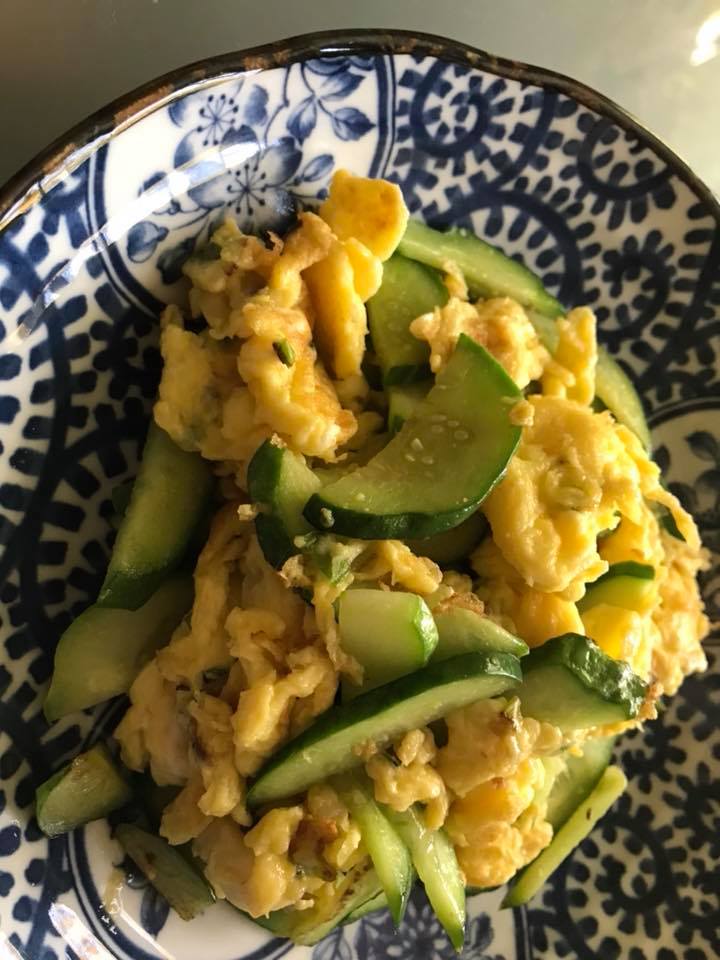One day, close to Thanksgiving, my daughter asked me, “Mom, have you ever cooked a turkey?” I quickly answered her, “No, never.”
In the past, every Thanksgiving and Christmas, it was either our dear friends Linda T or Linda W who made the turkey, and we just went to their home to enjoy good food and friendship. Last year, we followed our tradition and had our Thanksgiving dinner at Linda T’s home.
More than 20 years ago, three young families settled in this small southern town: Linda T’s family from Canada, Linda W’s family from Buffalo, New York, and mine from China. Our husbands work at the same place in the same research group. I don’t remember how we started but we have been carrying on with our tradition of celebrating holidays for over 20 years now: both Lindas do Thanksgiving, Christmas and later, we added Easter; I do Chinese New Year.
We started with 2 kids from the three families, and eventually, they grew into 7 eventually. Now, we are back to having 2 kids at home, 5 others either in colleges or at work. When some of the kids could not make it back to the dinner table from far away, we shared our moments of celebrations through Skype and other means – all around our dinner table.
Besides our three families, we have had people from all around the world sitting at our dinner tables. Dishes were not limited to turkey and gravy, mashed potatoes, and broccoli casserole: we had Indian food, baklava, Romania food, German food, Korean food and of course, Chinese food – everyone’s favorite dumplings and noodles, were also on the table. Our husbands would invite anyone who didn’t have a family waiting for them on holiday nights to our home and join us around our dinner tables. One holiday, there were 5 or 7 extra guests from a university working on the scheduled beam-line, far away from their families. That Thanksgiving Linda W had 36 people at her home and she cooked a 26-pound bird! Amazingly, our scientist husbands managed to arrange three tables into a T shape, across two rooms. It was a formal sit-down dinner with a pretty tablecloth and Linda W’s fine china sets. All the kids were asked to sit on a futon sofa surrounded by adults. We meant to limit their movements so they could sit there while using good table manners, but we quickly realized that the little ones had bested us on that: they were crawling out from under the table as freely as they wished.
When the kids started going to colleges, sometimes they had their Thanksgiving dinners somewhere else. They would report back to us that those traditional dinners were not as traditional as ours: there were no dumplings and noodles!
We were all proud when one of the kids cooked his very own first turkey and invited friends from different backgrounds to his dinner table.
Tradition has been passed on.
In this new land, we are thankful that we have the opportunity to pursue our dreams. We are especially grateful that we are surrounded by love and friendship – in a place far away from where we grew up!
After so many years of being at each other’s dinner tables, we have become a real family – gathered together from many parts of the world.
We are thankful!


































